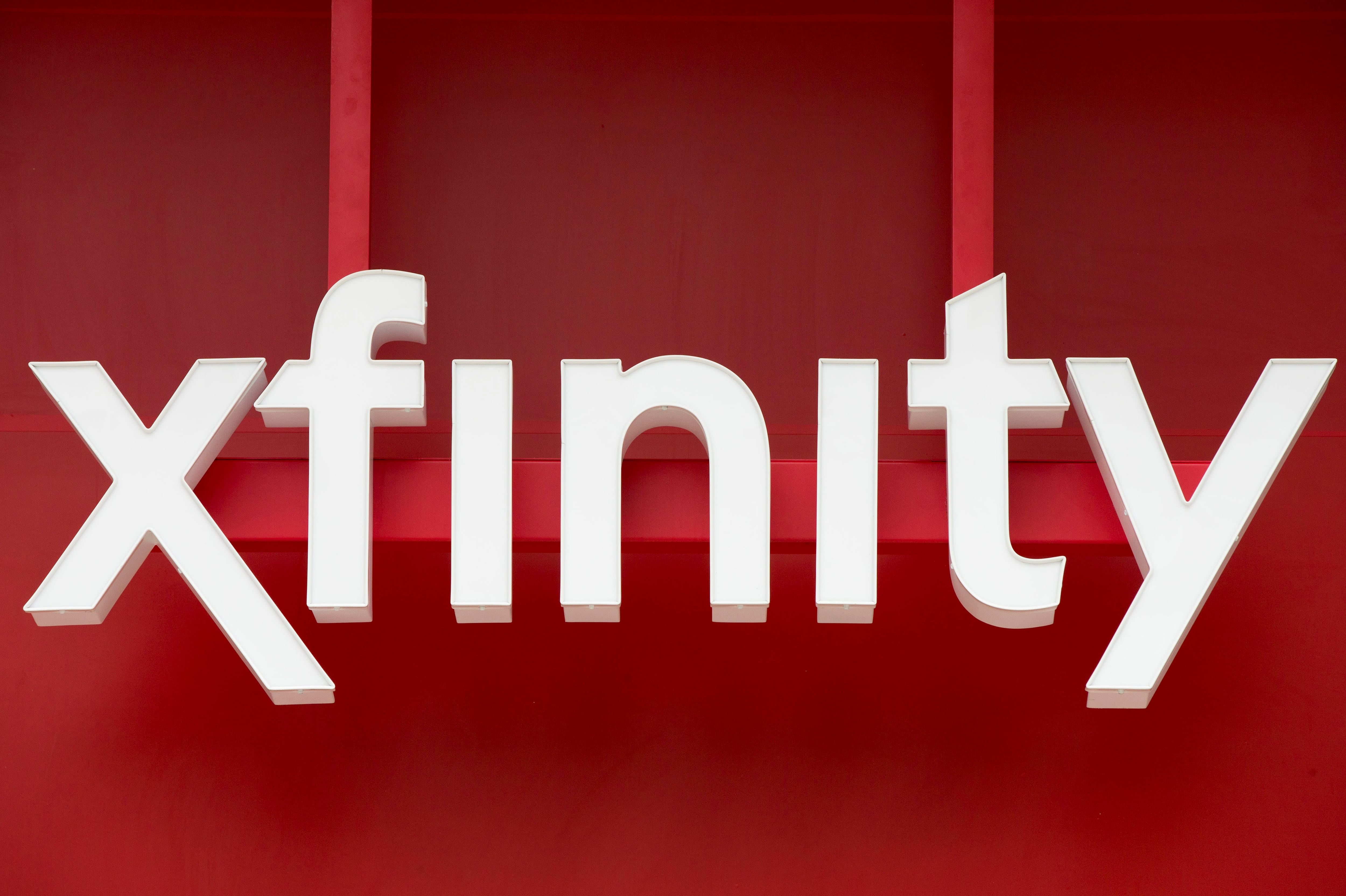Hackers accessed Xfinity customers' personal information by exploiting a vulnerability in software used by the company, the Comcast-owned telecommunications business announced this week.
In a Monday notice to customers, Xfinity said there was unauthorized access to internal systems as a result of this vulnerability — which was previously announced by software provider Citrix — between Oct. 16 and 19.
Xfinity discovered the “suspicious activity” on Oct. 25, and in the following months determined that information was “likely acquired.” On Dec. 6, the company concluded that information included usernames and hashed passwords — and, for some customers, the last four digits of Social Security numbers, account security questions, birthdates and contact information.
Analysis of the breach is still continuing but to date, Xfinity is “not aware of any customer data being leaked anywhere, nor of any attacks on our customers,” the company said in a statement sent to The Associated Press Tuesday.
Xfinity is also requiring customers to reset their passwords, while strongly recommending two-factor or multifactor authentication.
A filing with Maine's office of the attorney general disclosed that nearly 35.9 million people were affected by this breach. The company declined to confirm a specific number Tuesday, but noted the filing's figure represents user IDs.
Philadelphia-based Comcast has more than 32 million broadband customers, according a recent earnings release.
In addition to Xfinity, Citrix provides software to thousands of companies around the world. The previously-announced vulnerability, dubbed “Citrix Bleed,” has also been linked to hacks targeting the Industrial and Commercial Bank of China's New York arm and a Boeing subsidiary, among others.
Under new rules that went into effect Monday, the Securities Exchange Commission now requires public companies to disclose all cybersecurity breaches that could affect their bottom lines — within four days of determining a breach is material. As of Tuesday, there were no SEC filings from Comcast about the recent data breach and the company did not immediately address it.













